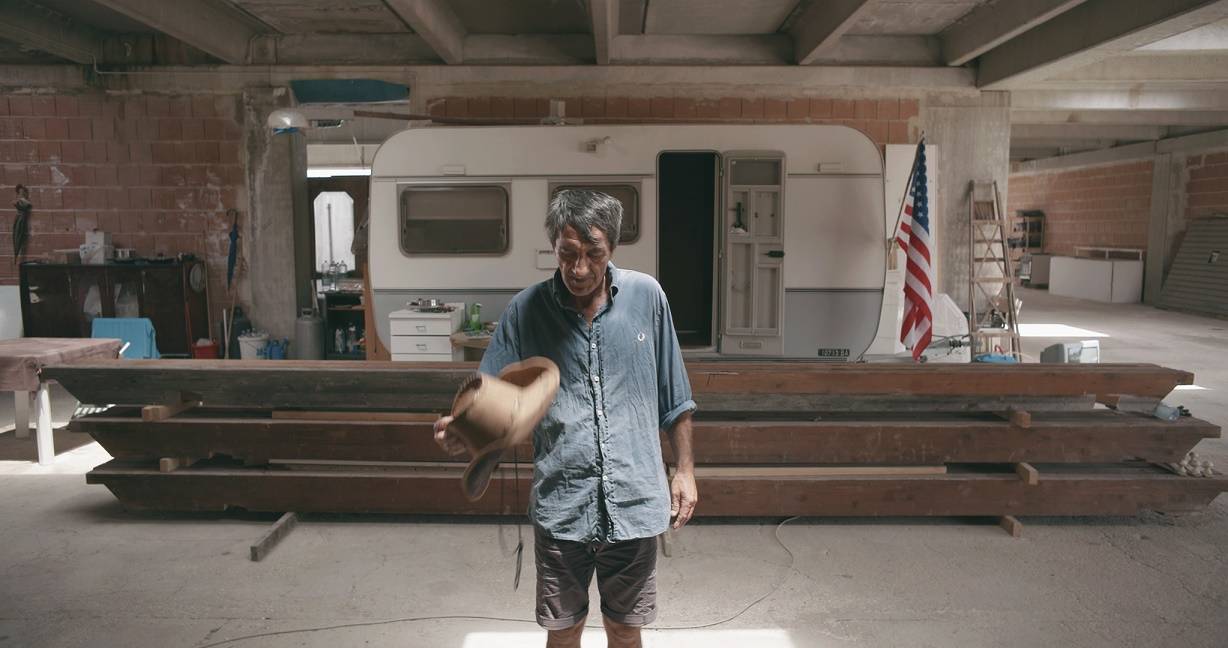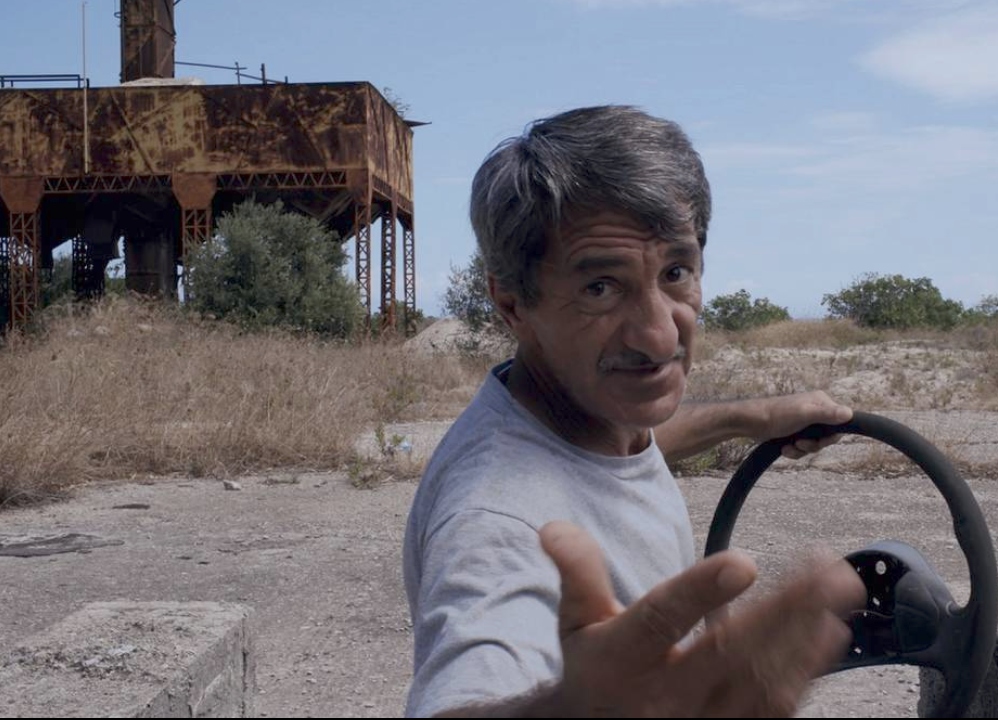Tony Driver And The Harsh Reality of Borders
The incredible life of Pasquale Donatone could inspire entire debates and conferences on the topics of civil rights, human rights, and migration. Instead, to much more effect, it was taken up by the documentary film “Tony Driver.” Conceived and realized by director Ascanio Petrini, it is one of the seven debuts selected for the 34th International Film Critics’ Week of the 76th Venice Film Festival.
Pasquale is the subject and real-life star of the film. After having worked on the story for two years, the director decided to entrust the role directly to the face and voice of the man who lived and is living it first-hand.
The film was shot between the United States, Mexico, and Puglia. It is the true story of Pasquale. Born in Bari, at 9 year-old he emigrated with his family to the US. There he grew up and became fully integrated, known to all as Tony.
A naturalized American by fact but not by right. Pasquale-Tony found that out when he was arrested at the wheel of his cab in Yuma for transporting illegal immigrants from Mexico into the United States. Despite all the years spent in America, Tony had not applied for citizenship. So he found himself having to choose between two options: go to jail in Arizona or spend ten years in exile in Italy.
And so he made his way back among us. Where does he live? He leads a distinguished life in a cave in Polignano a Mare. An Italian-American who doesn’t speak Italian, his face is like Travis' in Paris, Texas, and he wants nothing more than to go back to the States to have a word with Mr. Trump. Staying in Italy is not part of his plan, it’s a place “devoid of opportunity.”
Ascanio Petrini
“In Tony and in this story - director Petrini explains - I found a new character who was able to shift between Taxi Driver’s Travis Bickle and Wile E. Coyote from the Road Runner cartoon: an antihero destined to fail but also to keep trying. When we met, Tony lived in a cave on the Mediterranean, in total reclusion, as if his spaceship had crashed onto another planet and he was stuck there, between rocks and water. I began filming it myself but I quickly realized that the deeply contradictory landscapes of his story deserved an appropriate visual rendition: it had to be set here in Italy but also there, in America.”
According to the International Film Critic’s Week board: Tony Driver “is the reversed epic of an anti-Italian that could be the forgotten screenplay of Age & Scarpelli, an unrealized film by Dino Risi or Ettore Scola.” A film “out of the norm - says General Delegate of the Venice International Film Critics' Week Giona A. Nazzaro - of a foreigner in a foreign land. A film about the absurdity of borders, crucial for thinking about an issue that needs to be revisited.”
The reactions to the film were polarized, as is often the case with documentaries, as the genre evolves in new directions. At times leaning towards animation, other times towards genre film, or historical documentary. We appreciate the “light-heartedness” with which the director chose to tackle the story and the “realness” that comes from entrusting to role of Pasquale to the man himself. The result is that, although we are not watching fiction, the confines between film and reality are blurred. And this is true cinema. A cinema that makes us think about borders, about the right to citizenship, about migration. It makes us think, not because it puts forward an argument, or delves deeper into the topic, but because it tells a story.







































i-Italy
Facebook
Google+
This work may not be reproduced, in whole or in part, without prior written permission.
Questo lavoro non può essere riprodotto, in tutto o in parte, senza permesso scritto.